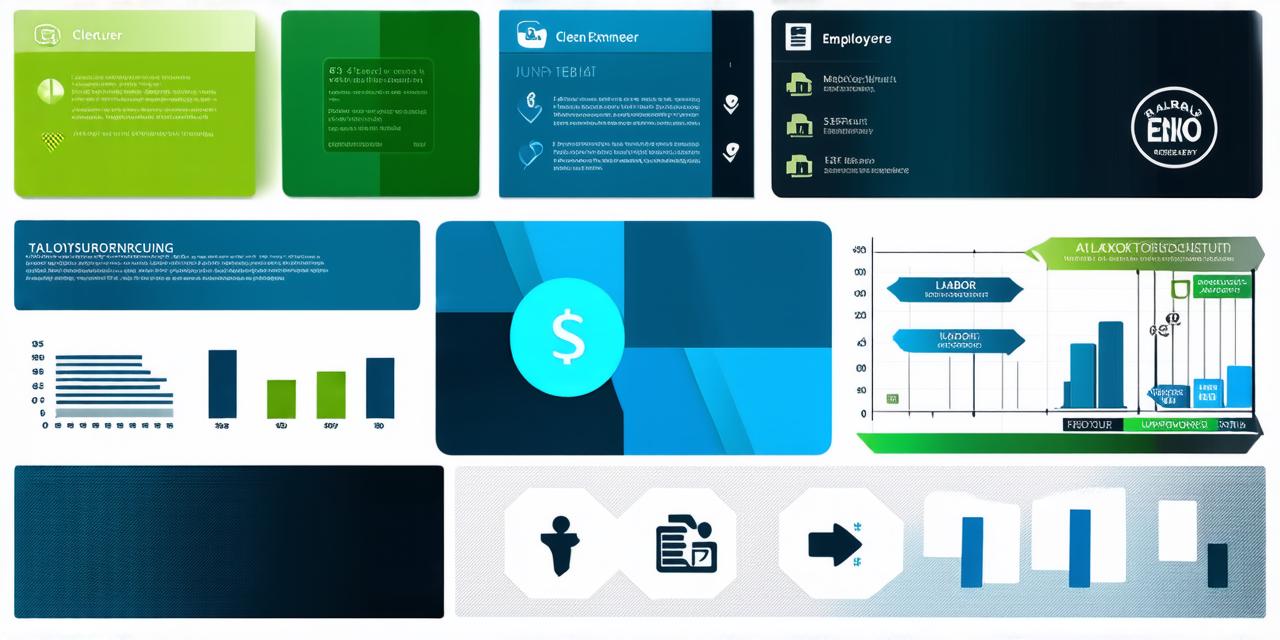
Outsourcing has been a popular business strategy for many years, but why do employers decide to outsource certain tasks or functions? There are several reasons why employers may choose to outsource, including cost savings, access to specialized skills and expertise, and increased efficiency.
Cost savings
One of the primary reasons why employers outsourcing is to reduce costs. By outsourcing certain tasks or functions, employers can often save money on labor costs, overhead expenses, and other related costs. For example, outsourcing customer service functions to a third-party provider can be more cost-effective than hiring and training in-house staff.
Access to specialized skills and expertise
Another reason why employers may choose to outsource is to gain access to specialized skills and expertise that may not be available in-house. For example, a company may outsource IT services if they do not have the necessary technical expertise to handle certain projects or tasks. By outsourcing these functions, the company can benefit from the expertise of the service provider without having to invest in expensive training and development for their own staff.
Increased efficiency
Finally, outsourcing can also increase efficiency for employers. By delegating certain tasks or functions to a third-party provider, employers can free up time and resources to focus on other aspects of their business. For example, outsourcing accounting functions can help reduce the workload of in-house staff, allowing them to focus on more strategic activities.
In conclusion, there are several reasons why employers may choose to outsource certain tasks or functions. These include cost savings, access to specialized skills and expertise, and increased efficiency. By outsourcing, employers can benefit from the expertise and resources of third-party providers while freeing up time and resources to focus on other aspects of their business.
